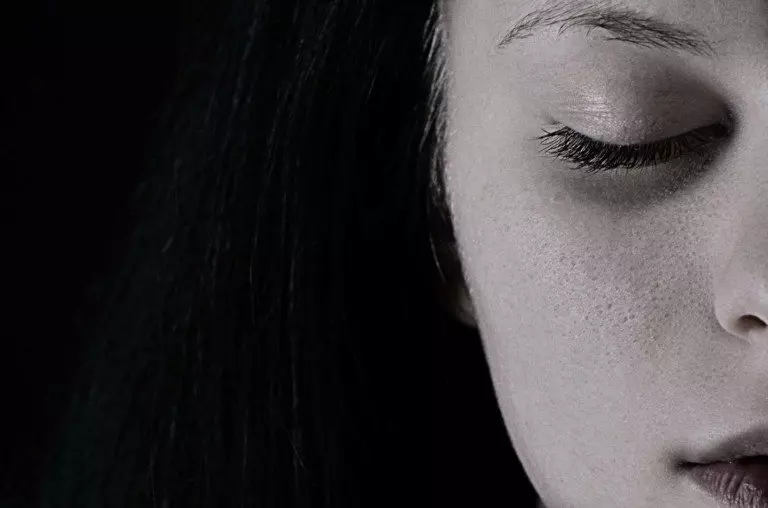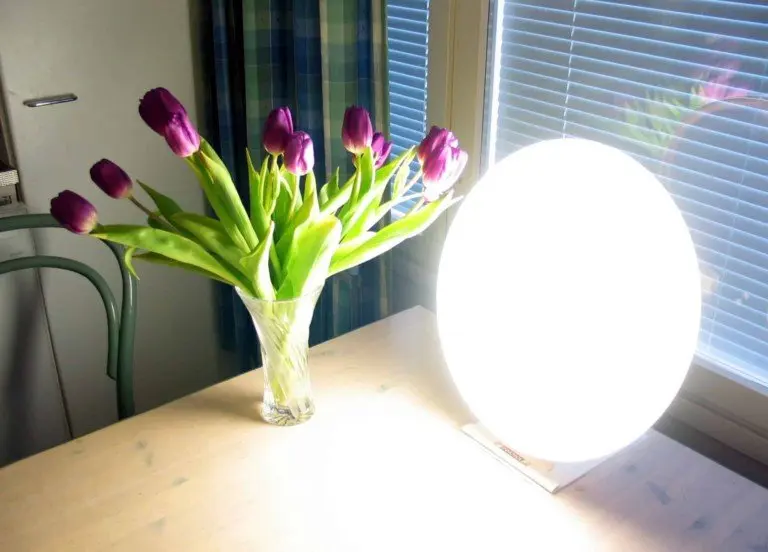
Is Depression & Anxiety common in Parkinson’s disease?
Yes.
Depression & Anxiety are common in Parkinson’s disease. These problems can produce significant disability.
About 1 in every 5 patients with Parkinson’s disease may have Depression (Rejinders et al. 2008).
Anxiety is even more common – about 1 in 4 patients with Parkinson’s disease have significant symptoms of Anxiety (Broen 2016).

Other than these two problems, patients with Parkinson’s disease can also have other psychiatric issues.
- Impulse control Disorders: Patients may have difficulty in controlling their impulses. They may start spending a lot of money online or may start gambling or have excessive weight gain due to overeating. This lack of impulse-control can occur as a side-effect of medications called “Dopamine Agonists” (Pramipexole, Ropinirole, Rotigotine).
- Agitation and hallucinations/psychosis : This is particularly worrisome and should be promptly treated to prevent injury to family members. Medications such as Quetiapine, Donepezil, Pimvanserin and if all else fails – Clozapine – are usually helpful.
Let us focus on Depression here. We can discuss Impulse control disorders and Agitation/Psychosis in a future article.
What are the symptoms of Depression or Anxiety?
Most people believe that all patients with Depression actively cry, talk to people about their mental pain, or in some way express their grief actively. This is frequently not the case.
Many people with Parkinson’s disease have a passive form of Depression. This passive Depression may manifest in the following ways:
| Symptoms of ‘Passive’ Depression |
|---|
| 1. Feeling guilty, worthless or hopeless. 2. Loss of interest in previously enjoyable activities (for example, watching a movie) 3. Fatigue or loss of energy. 4. Thinking about the same things over and over again (Obsessive ruminations) 5. Difficulty in paying attention, concentrating or remembering things 6. Reduced or increased appetite. Losing or gaining weight without a clear cause. 7. Sleeping too much or too little. Early morning awakening. |

In fact, patients with Parkinson’s disease may become so passive that they are diagnosed with a related psychiatric condition called “Apathy” – or a complete lack of interest and motivation.
Is there a test for Depression & Anxiety?
There is no test to confirm the diagnosis of Depression and Anxiety. This diagnosis can be made only after you have a detailed conversation with your doctor or a qualified mental health professional.
However, there are numerous, fairly accurate screening questionnaires for Depression. One of them is the PHQ-2 Questionnaire, displayed below.
PHQ-2 Questionnaire | |
| In the last two weeks, how often did you have little interest or pleasure in doing things? | – Not at all (0 points) – Several days (1 point) – More than half the days (2 points) – Nearly every day (3 points) . |
| In the last two weeks, how often did you feel down, depressed or hopeless? | – Not at all (0 points) – Several days (1 point) – More than half the days (2 points) – Nearly every day (3 points) |
Add up your points for the two questions. If your score is 3 points or more, you may be suffering from Depression. Please remember that even if this Questionnaire indicates you may have Depression, the diagnosis needs to be confirmed by a doctor.
Why is Depression and Anxiety common in Parkinson’s disease?
We could assume that depression is common because of the significant problems with movement in Parkinson’s disease. This intuitive assumption certainly is true up to a certain extent.
However, a major cause of depression in Parkinson’s disease is due to chemical changes inside our brain which are caused by the disease. In fact, Depression can actually happen even before the movement problems of Parkinson’s disease start. The exact mechanism by which accumulation of synuclein causes Depression is still being worked out.

The leading theory is that just like synuclein causes damage to brain cells that secrete Dopamine, it also causes damage to brain cells that produce a chemical called “Serotonin”. Serotonin (just like Dopamine) is one of the chemicals in the brain that causes feelings of happiness or satisfaction. Therefore, a decrease in the activity of this chemical causes Depression.
What are the natural / no-medication methods for treatment of depression?
Depression should not be neglected. But all cases of depression do not need medication. Counselling and exercise can be beneficial in many cases.
- Exercise: Any form of exercise decreases Depression and Anxiety. The effect is marked. In non-Parkinson’s disease patients, exercise can have the same effect on depression as taking an antidepressant medication.

- Counselling: Cognitive behavioral therapy in particular, may be very helpful. An insider tip – sometimes psychiatrists may not have adequate time to participate wholeheartedly in counselling because of their extremely hectic schedule. You can request a referral to a professional counsellor if you want to try counselling.

- Bright light therapy: This is useful if your Depression is seasonal, i.e. it is worse in winter when you get less sunlight. This kind of Depression is called “Seasonal Affective Disorder” or SAD. You can buy “daylight spectrum” bright lights online (see an example below) and keep these on in your house for at least 8 hours a day. Regular use of these lights decreases Depression due to SAD.

Even in patients who need medication, participating in a regular exercise program and counselling leads to greater relief than taking the medication alone.
Which anti-depressant medications are safe in Parkinson’s disease?
Since low levels of Serotonin could be one of the reasons for Depression in Parkinson’s disease, medications which increase serotonin activity are helpful. These medications are SSRIs (short for Specific Serotonin Reuptake Inhibitors). A few examples of these medications are Escitalopram, sertraline, fluoxetine etc.

While these medications focus on Serotonin, we should not forget that Dopamine itself is also a “happy” hormone. The core medications for Parkinson’s disease also relieve Depression. Pramipexole, in particular, has been clearly shown to improve depression in Parkinson’s disease patients.

It is best to avoid certain other psychiatric medications:
- There are other types of antidepressants e.g. one type is called TCAs (Tricyclic Antidepressants). However they may not be as effective as SSRIs. In addition, many TCAs have additional unwanted side-effects such as drying of the mouth making it more difficult to swallow, difficulty in passing urine, and occasionally confusion. They may also increase the risk of falls.
- Benzodiazepines are medications that are commonly used to placate patients who have extreme anxiety. But these medications increase the risk of falling in Parkinson’s disease and are best avoided.

Isn’t it “reasonable” to be depressed if I have Parkinson’s disease?
No. On the contrary, facts suggest that there is very good reason for optimism.

I want to remind you that:
- A large number of scientists and doctors are furiously researching novel treatments for Parkinson’s disease.
- New medications and formulations for Parkinson’s disease are being made available almost every year.
- Even with the current medications and with Deep Brain Stimulation (DBS), Parkinson’s disease can be satisfactorily controlled in most patients.
- Hoping for a cure for Parkinson’s disease is perfectly reasonable.
- Each one of the 4 points above is 100% true.
Caution: This information is not a substitute for professional care. Do not change your medications/treatment without your doctor’s permission.
